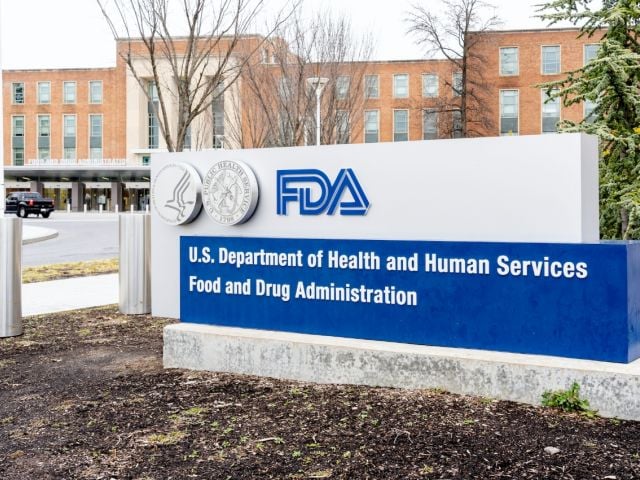
On January 14, 2010, EWG President Ken Cook sent this letter to the FDA Commissioner, making it clear that we believe the FDA needs to act - and act now- to reduce the human health burden of BPA. It's just too high. He wrote:
Dear Madam Commissioner,
The Food and Drug Administration (FDA) has yet to issue its final decision on whether bisphenol A (BPA), an industrial chemical and synthetic estrogen, should be used in food packaging. As even the chemical industry has acknowledged, BPA leaches into foods and beverages from polycarbonate plastic containers and epoxy-based metal food can linings.
As authoritative studies by U.S. Centers for Disease Control and Prevention (CDC) have demonstrated, nearly all Americans test positive for traces of BPA. Environmental Working Group's most recent study of cord blood found BPA in 9 of 10 samples taken from children born in 2007 and 2008.
Dozens of animal studies suggest that very low doses of BPA disrupt the endocrine system, undermine normal neurological and reproductive development and trigger a variety of chronic and serious disorders such as cancer, diminished brain function and intellectual capacity, asthma, obesity and diabetes.
Important new research demonstrates that BPA harms not only laboratory animals but also humans. It is significant and troubling that physical changes are being detected even at the very low levels to which people are routinely exposed because of BPA contamination in food and other products.
A British study published January 13 adds to this growing body of science by reporting that Americans with high concentrations of BPA in their urine were more likely to report having heart disease or diabetes than people with lower BPA measurements.
Tens of millions of children undergoing crucial windows of development are being exposed daily to this dangerous chemical via plastic baby bottles and sippy cups, canned infant formula and popular foods such as canned soup. Ubiquitous BPA contamination of our food is believed to have a subtle but lasting impact on Americans' health.
We cannot quantify the cost to our society, in terms of medical bills, lost productivity and troubled lives. But we are sure of this: the price, whatever it is, is too high, and it is unnecessary.
Other federal agencies have singled out BPA as a major focus of research and potential regulation. In December, the National Institutes for Environmental Health Sciences (NIEHS) launched a $14 million research initiative in hopes of determining the human health risk of BPA. The Environmental Protection Agency (EPA) has identified BPA as a possible human health threat and priority for risk assessment.
Yet the FDA has remained silent. How much more does the FDA need to know to be convinced it must protect the national food supply from further contamination? We urge you to act now to prohibit the use of BPA in food and food containers.
Thank you for your attention.
Sincerely,
Kenneth Cook President, Environmental Working Group
Copies: The Honorable Lisa Jackson, Administrator, U.S. EPA Dr. Linda Birnbaum, Director, NIEHS



